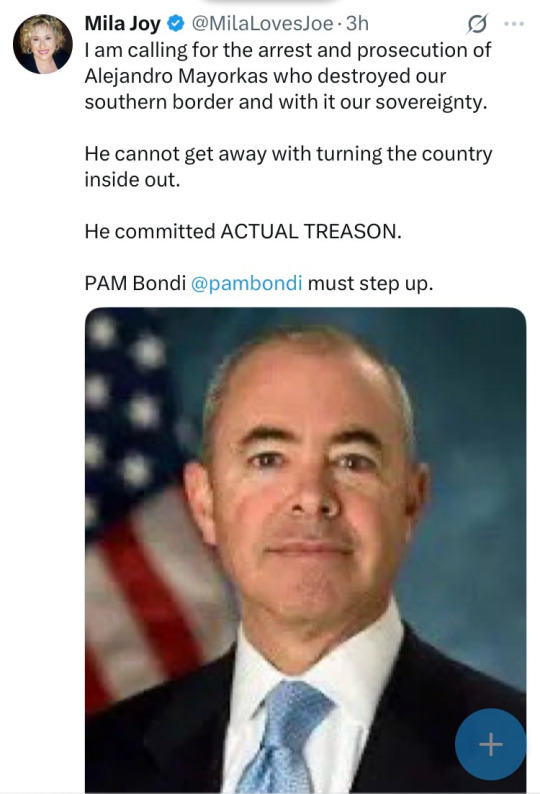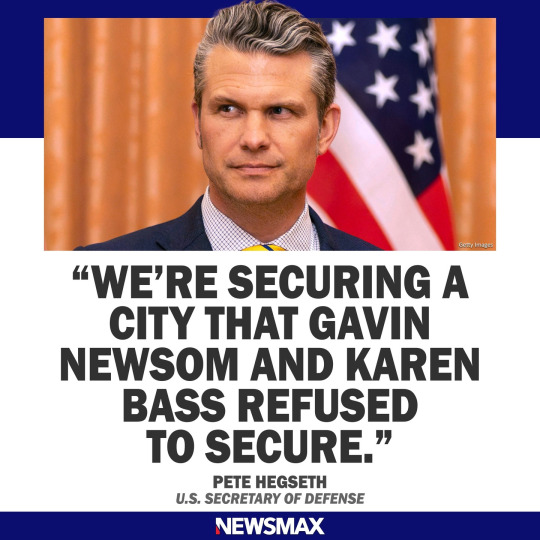Don't wanna be here? Send us removal request.
Text
Happy 250th birthday to the US Army.
The United States Army (USA) is the primary land service branch of the United States Department of Defense. It is designated as the Army of the United States in the United States Constitution. It operates under the authority, direction, and control of the United States secretary of defense. It is one of the six armed forces and one of the eight uniformed services of the United States.
The Army is the most senior branch in order of precedence amongst the armed services. It has its roots in the Continental Army, formed on 14 June 1775 to fight against the British for independence during the American Revolutionary War (1775–1783). After the Revolutionary War, the Congress of the Confederation created the United States Army on 3 June 1784 to replace the disbanded Continental Army. The United States Army considers itself a continuation of the Continental Army, and thus considers its institutional inception to be the origin of that armed force in 1775.
I served 12 glorious years in the Army and I still talk to the friends I made there. I am proud to have served. To all my Army brothers and sisters, raise your glasses up in the salute of our birthday!!
42 notes
·
View notes
Text

In the weeks after the release of "We Were Soldiers" in 2002, Mel Gibson received a quiet message, off the press circuit and away from the polished interviews. It was about a real man behind the story: Sgt. Charles T. Fitts, a decorated Vietnam veteran who had fought under Lt. Col. Hal Moore during the brutal 1965 Battle of Ia Drang. Fitts, long retired and living in Texas, had recently been hospitalized following a serious injury. He had seen the film, recognized the faces, the terrain, the chaos, and relived it all. Mel Gibson, who portrayed Moore in the film, felt compelled to act, not for publicity, not as a public gesture, but because something about Fitts’s situation struck him as unfinished business.
Gibson made no public announcement. No publicist was involved. He boarded a quiet flight to Texas, requested privacy from his team, and arrived alone at the VA hospital where Sgt. Fitts was recovering. It was a weekday afternoon, quiet in the corridors. The nurses were caught off-guard to see Gibson walk in unannounced, wearing jeans, a flannel shirt, and carrying nothing but a copy of "We Were Soldiers" on DVD and a small black notebook. He asked for no press, no cameras, just permission to sit and speak with a man who had lived the hell he had only portrayed.
Fitts, in his early 60s, was recovering from multiple surgeries. When Gibson entered his room, the former sergeant reportedly saluted him instinctively, mistaking him momentarily for someone else in uniform. Then he laughed, recognized the actor, and said, “You looked more tired in the movie than I ever saw Hal Moore.” Gibson responded with a small smile and replied, “That’s probably because you actually lived it.”
Their conversation lasted over an hour. No staff recorded it, no reporters captured it. But a nurse who was present at times later recalled, “He didn’t come as a movie star. He came as someone who wanted to understand pain and say thank you.” She said they spoke about the difference between real war and cinematic battlefields, about the men Fitts had seen fall, and about the silence that followed when the helicopters disappeared. Gibson asked questions, not for performance, but for clarity. He wanted to know the weight of the gear, the feel of the boots, the sound of the M16 jamming in the dirt. Fitts, once a man of few words, opened up more than he had in years. At one point, he removed a weathered photograph from his wallet, a snapshot of his platoon, most of whom didn’t return, and handed it to Gibson. “You showed their faces. That’s what mattered,” he said.
Gibson later told his team privately that the hour spent with Fitts was “the most honest hour of my entire press tour.” He spoke of the deep humility that settled in him during that visit, something he felt could never be replicated on a red carpet or during a late-night interview. He declined to speak publicly about the meeting at the time, saying only that the film had given him an introduction, but men like Fitts had given him an education.
When Gibson left the hospital, he signed nothing, took no photos, and walked out the same way he came in, alone and quiet. As one VA staff member said, “He didn’t come here to be seen. He came here to listen.” The moment was never scripted, never planned, and it remains one of the few truly human gestures in Hollywood that lived entirely off-camera.
Posted by History and Archeology
300 notes
·
View notes













